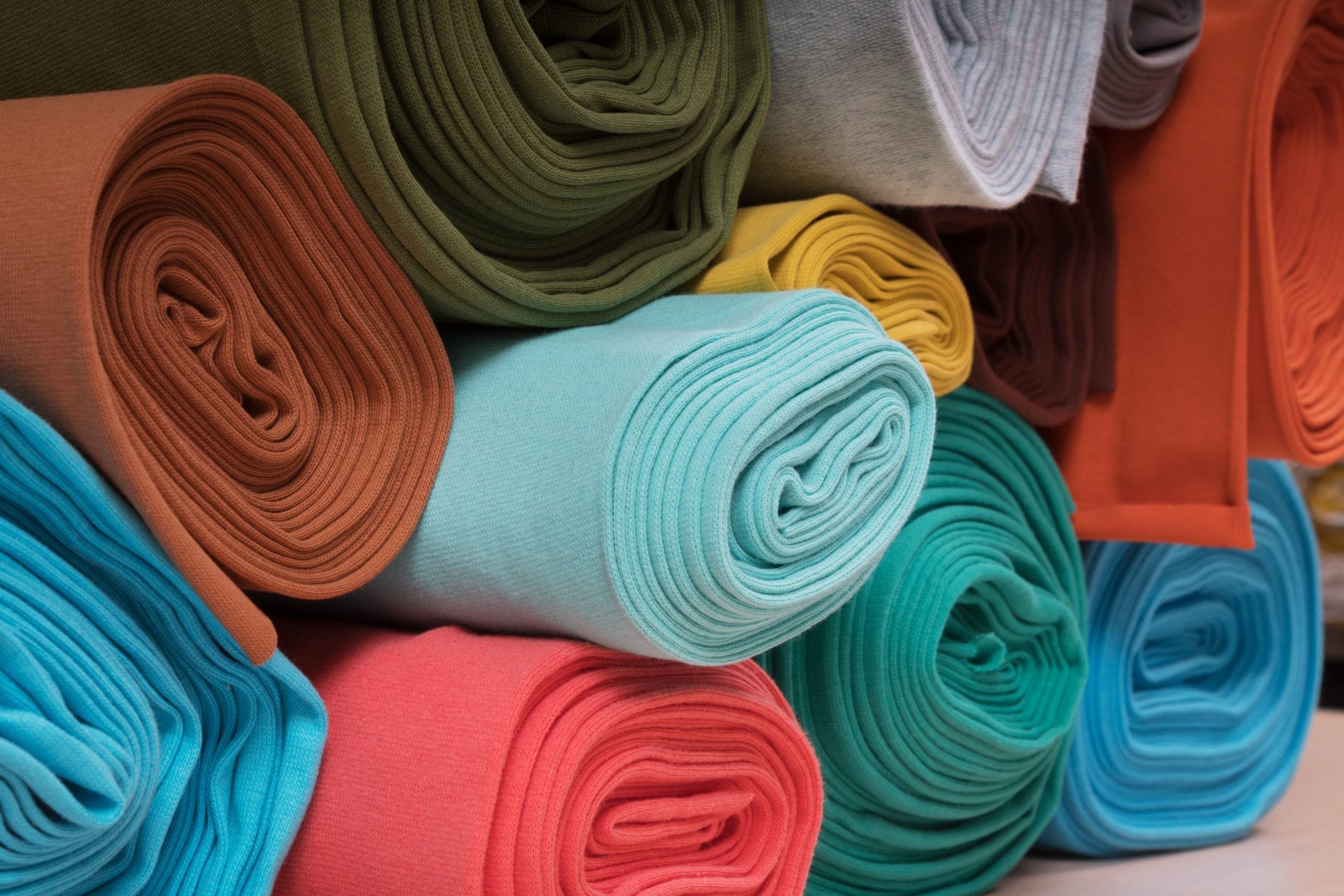
The fashion industry is notorious for waste. Unsold garments and excess fabric often end up in landfills. Fabric stock services are emerging as a potential solution, offering a platform for manufacturers and designers to buy and sell leftover materials. But is this a new trend poised to dominate, or a niche market with limitations?
Growth and potential
Data suggests a growing market for fabric stock services. A report by Textile Exchange suggests the global market for recycled textiles is expected to reach $21.8 billion by 2025. Fabric stock services offer a way to tap into this trend by giving pre-existing fabrics a second life.
Studies show, a growing interest in fabric stock services. Indeed, concrete sales figures are difficult to obtain due to the industry's fragmented nature, anecdotal evidence and the increasing presence of online platforms dedicated to fabric stock point towards a positive trend. Companies like Fabric Stock Exchange report a constant influx of new fabrics, indicating a growing pool of excess inventory.
A change driver
Direct comparisons between stock service sales and traditional manufacturing are challenging due to different business models. However, the rise of sustainability concerns and the ever-changing fashion landscape make stock services an attractive option.
Stock services offer a sustainable solution by giving these materials a second life. "We are diverting tons of fabric from landfills," says Michael Goldberg, CEO of Fabcycle, a prominent fabric stock service company. Veja, a sustainable sneaker brand, is a prime example of how stock services can work. Veja utilizes fabric stock services to source deadstock materials for their footwear. This allows them to create unique designs while minimizing environmental impact
As Sarah Jones, a fashion sustainability consultant points out, "Fabric stock services offer a win-win situation. Manufacturers can recoup costs from leftover materials, while designers gain access to unique fabrics at potentially lower prices, all while promoting sustainability." The push for sustainable practices and rising consumer demand for eco-conscious clothing are key drivers of this trend.
So what’s pushing this change? Sustainability is top reason as it reduces textile waste by giving leftover materials a second life. Cost-effectiveness is another driver as manufacturers can access high-quality fabrics at discounted prices. Reduced lead times is another lure, as stock services offer readily available fabrics, allowing for faster production cycles.
Currently, stock services primarily cater to small and mid-sized businesses, who benefit from access to premium materials without minimum order quantities. Also, sustainable designers source eco-friendly materials for their collections. The variety of fabrics available through stock services is vast. From natural fibers like cotton, linen, and wool to synthetic fibers like polyester and nylon and blends.
The future of fabric stock services
The future of fabric stock services holds a lot of promise. As sustainability concerns escalate and the fashion industry seeks more agile solutions, these services are likely to see continued growth. Additionally, advancements in online platforms and data analysis could further streamline the process, making it even more accessible.
However, challenges remain. Standardization and quality control across different platforms need improvement. Also, educating both manufacturers and consumers about the benefits of stock services is crucial for wider adoption. What’s more selection is limited. Stock services typically offer a broader range of colors and patterns for basic fabrics like cotton or linen. Finding specialty or high-end materials like silk or intricate lace might be challenging. Since stock relies on leftover materials, designers may have difficulty planning large-scale productions around specific fabrics
Overall, fabric stock services offer a compelling solution for a more sustainable and efficient textile industry. The traditional ‘manufacture and sell’ model will likely persist for large, mainstream fashion brands requiring consistent fabric availability. However, fabric stock services offer a complementary approach, promoting sustainability and fostering creativity within the fashion industry. As the industry evolves, these services are likely to play an increasingly important role.












